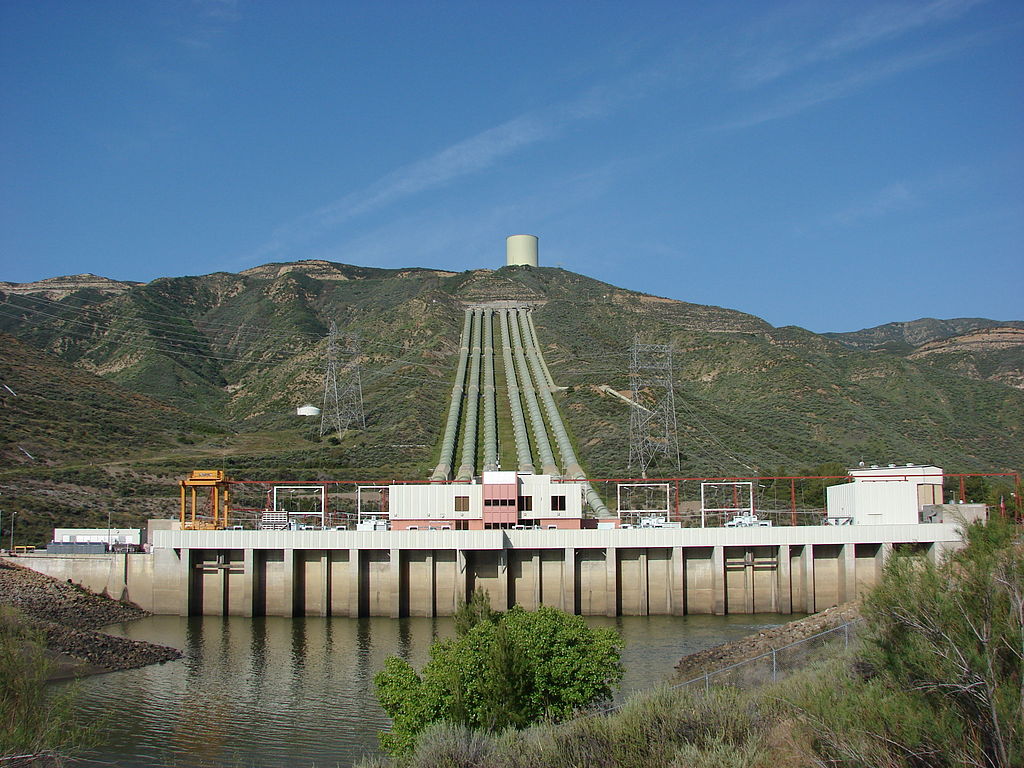
MITECO launched two programmes, with the first one seeking either standalone projects or thermal energy storage projects with a budget of €180 million, of which €30 million for thermal energy storage alone. The second programme is aimed at pumped hydro energy storage (PHES) with €100 million allocated for that technology. A single project can receive up to €50 million from each programme, except for thermal technology which is capped at €6 million.
Grants will cover 40-65% of the project cost depending on the size of the company applying and the technology used for the project which can be presented as a standalone, thermal or PHES to new or existing hydropower, while universities and investigation centres can have the whole project cost covered by the grant.
As is normally the case with such tenders in Spain, there are specific budgets for the overseas regions of the Canary Islands (€15 million) and Balearic Islands (€4 million).
Applications for the first programme – standalone and thermal storage – will open on 20 September 2023 until 18 October 2023, whereas PHES applications can be sent from 22 September 2023 until 20 October 2023. However, no date was specified by MITECO as to when the awarded projects will be announced. Projects will need to come online before 30 June 2026 for standalone and thermal energy storage, while PHES will need to come online before 31 December 2030.
Spain recently updated its National Energy and Climate Plan (NECP) which includes 76GW of solar PV capacity by the end of the decade, as reported by sister site PV Tech, while energy storage updated target was increased to 22GW by the end of 2030.
From this capacity Spain seeks to add for energy storage, it will also require to add 15GW of long-duration energy storage (LDES) in the coming years if the country seeks to avoid economic curtailment between 2025 and 2030, according to an analysis from Aurora Energy Research.
However, the main barrier for Spain to add this much LDES capacity is that this technology is not currently considered towards the NECP updated target, as LDES is still currently considered as more expensive compared to other technologies.
Eligible projects will be judged, among others, on economic viability, their capability of helping to integrate renewable energy on the grid, and the creation of local employment and business opportunities as part of their development.
MITECO also launched a similarly-sized grant scheme specifically for co-located or hybridised energy storage projects, for which proposals were due in March 2023. Enel Green Power submitted two projects during the first quarter which fit the criteria, totalling 60MWh and 38MWh respectively.
More details on the call can be accessed in full here (in Spanish).

